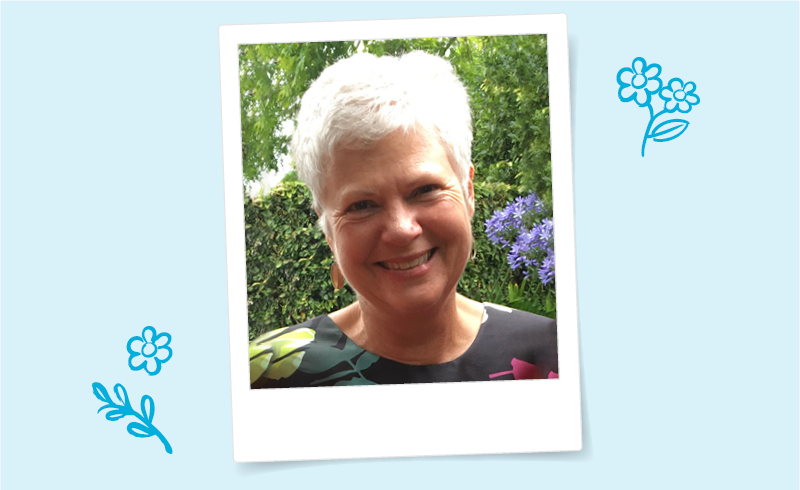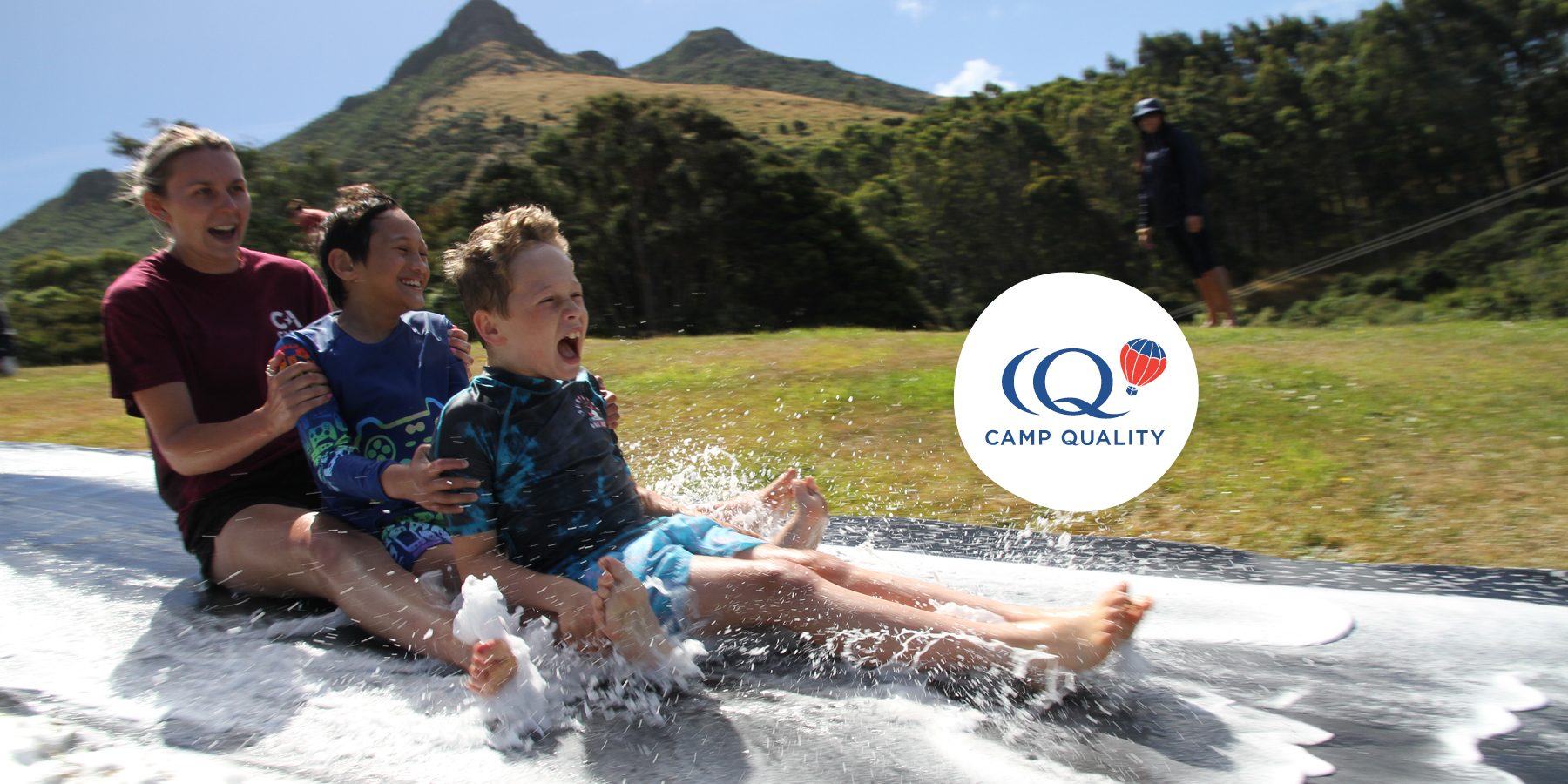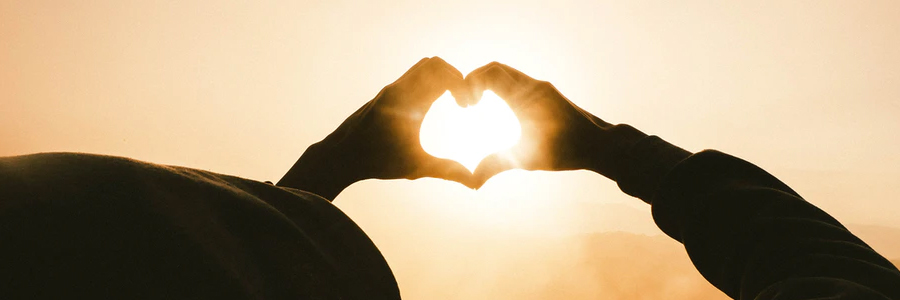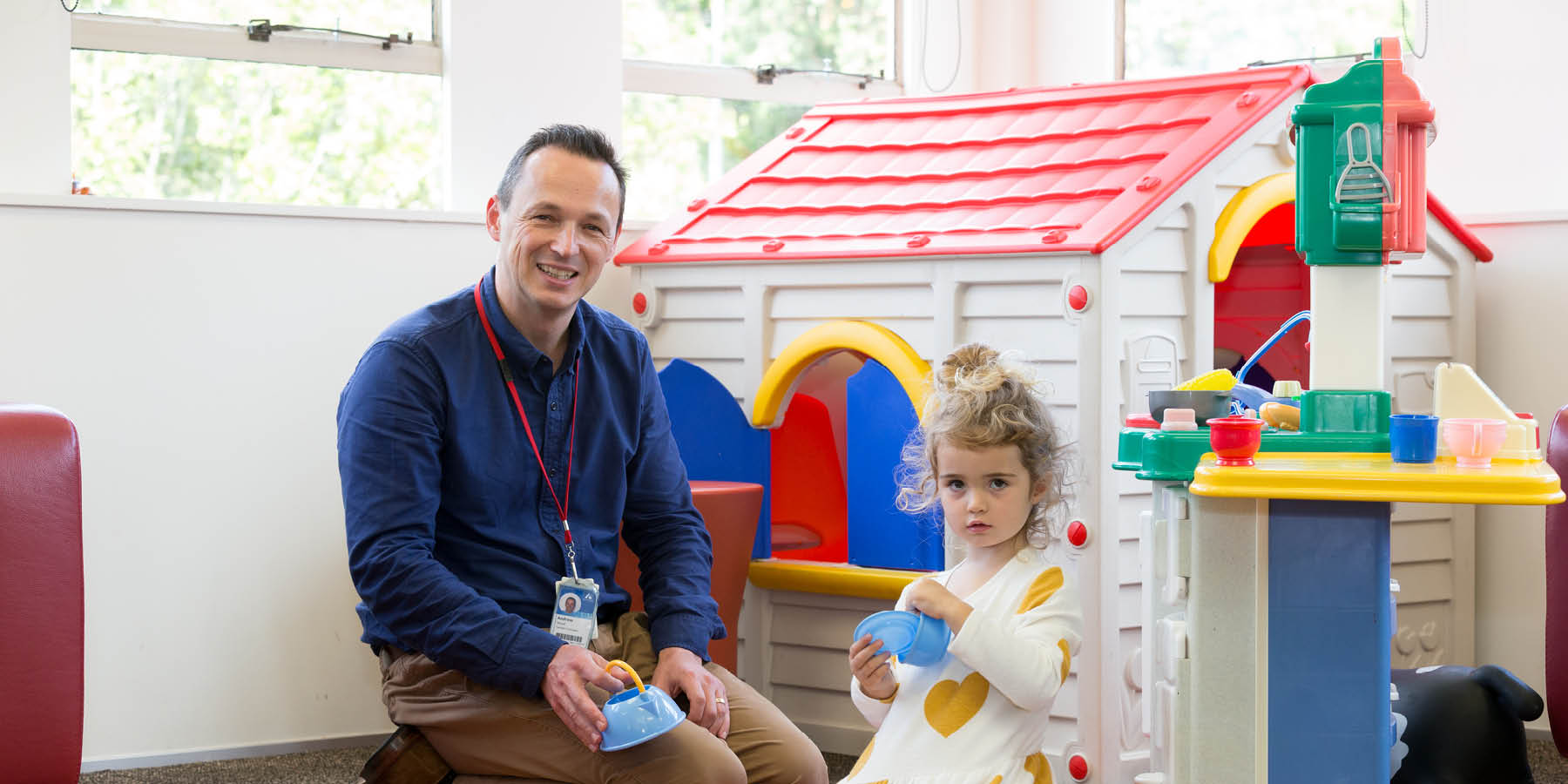Meet a clinical psychologist
What does a clinical psychologist do for children with cancer?
Throughout their experience with childhood cancer, whānau will cross paths with many healthcare professionals who are there to help in different areas. In the April 2022 issue of Sharing magazine, we introduced Heather McDowell, a consultant clinical psychologist at Starship Children’s Hospital.
Heather has been a clinical psychologist for 40 years, working first at the Department of Justice with people on probation and in prison. This experience made her think about how intervention needed to be earlier, when these adults had been children, which led to her developing an interest in working with children and families.
She eventually went back to university to do her doctorate in clinical and developmental psychology, focusing on emotional child abuse and resiliency. She has worked in a variety of roles and is currently part of the consult liaison team at Starship, where she has been for a number of years.
Heather has been involved with Child Cancer Foundation in a number of ways, including being on the Health Professionals sub-committee for a few years. She’s also involved in the Child Cancer Counselling Network and the Cascade programme.

What made you want to become a clinical psychologist?
An interest in people, in how we all think, behave and relate to others, and using this knowledge to help others.
How would you describe your job to someone who doesn’t know what a clinical psychologist does to support children with cancer?
My role is with the Late Effects Assessment Programme (LEAP) which is the long term follow-up programme for children and young people who have completed treatment for cancer and surveillance. This has more focus on any potential long-term problems that may be the result of the disease or treatment as well as looking at all that is going well.
For LEAP, I usually do one afternoon clinic a week at Greenlane Clinical Centre. These clinics have a paediatric oncologist, a nurse specialist and a clinical psychologist. We each see the child/young person on their own or with a parent/caregiver/support person, depending on their age or choice.
Time with the clinical psychologist provides time to talk about any worries or problems as well as talking about how they are doing at home, school/work, getting on with others and emotional wellbeing.
What does a typical week look like in your job?
I work two days a week with LEAP. The rest of my time is spent on the inpatient eating disorders programme, general consult liaison team work (which can be whatever is needed on any ward in the hospital) and being one of the two psychology practice supervisors on the team.
My general consult work can include seeing children/ young people and parents on the inpatient oncology ward, where I might help with managing a new diagnosis, aspects of treatment or coping with all the changes that come with a new diagnosis in addition to existing stresses.
What fuels your passion for your work?
The people – children, young people, parents and work colleagues.
What is the most challenging part of your job?
Seeing how hard it is for children, young people and their families. The emotional as well as physical impact on them and their lives, including the lives of everyone in their whānau/family. It’s about understanding how things are for them and providing what they think would be helpful without taking it on personally.
How do you maintain a good work/life balance?
Having a good work team with supportive colleagues makes a big difference. Spending time with family and friends, which usually involves some good laughs. Getting outside – gardening, walking, biking, going to the beach. Practicing gratitude and mindfulness.
In what ways has your job changed your perspective on life and health?
It helps me see that everything is relative and puts my own experiences in perspective. It helps me to be grateful for all sorts of things – from big things like life and health, to what may seem like small, everyday things.
What do you think families appreciate most about what you do?
That I listen to them and hear what they need. That I do my best to understand their experience and their child’s. That I am a safe person to talk with who can listen to their thoughts and concerns without them having to worry about me or my reaction.
Read more stories like this in our latest issue of Sharing magazine.


